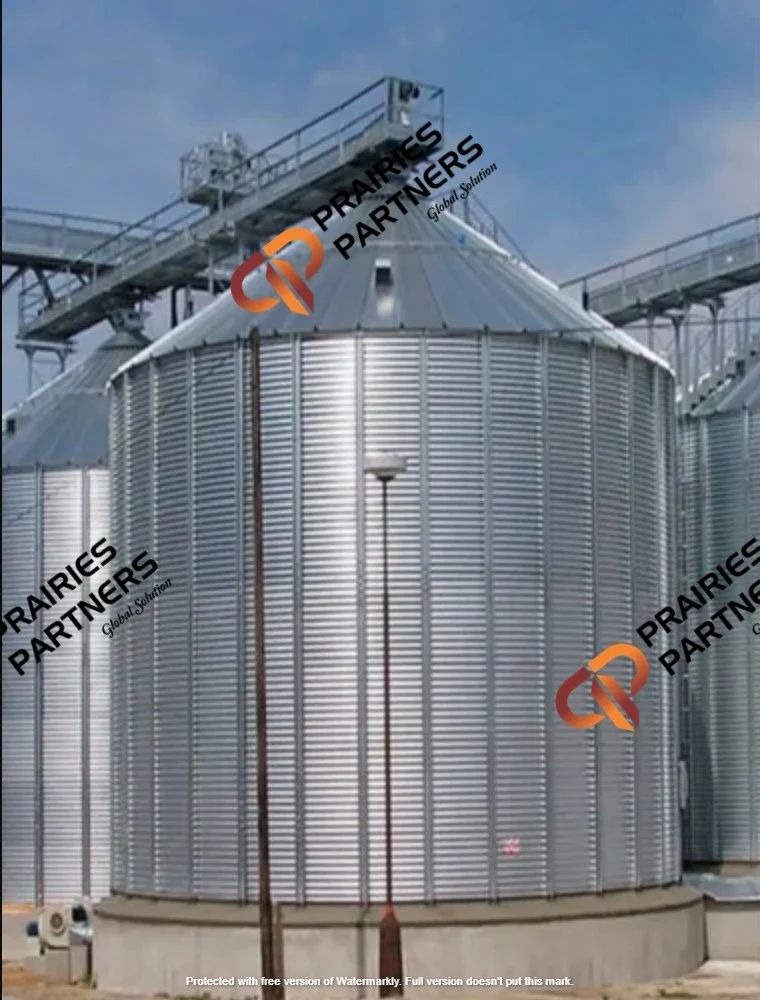Feed Silos Manufacturers
Feed silos are specialized storage containers designed to store and protect animal feed, ensuring its quality and availability for livestock and poultry. These silos are typically constructed from durable materials such as galvanized steel or fiberglass, offering resilience against weather conditions and pests. Feed silos are crucial components on farms and in feed manufacturing facilities, providing efficient storage solutions that support the nutritional needs of animals. They are equipped with features like ventilation systems and temperature monitoring to maintain optimal storage conditions, preventing mold growth and preserving feed freshness. Modern feed silos may also incorporate automation for filling, emptying, and monitoring feed levels, enhancing operational efficiency and reducing labor costs.

Key Features of Feed Silos:
Durability: Built from strong materials to withstand outdoor conditions and protect feed from moisture and pests.
Ventilation Systems: Ensures proper airflow to regulate temperature and humidity inside the silo, crucial for preserving feed quality.
Temperature Monitoring: Sensors and monitoring systems detect temperature variations, helping to prevent spoilage and maintain nutritional integrity.
Capacity Options: Available in various sizes and capacities to accommodate different volumes of feed, catering to small farms and large-scale operations alike.
Pest Management: Sealed design and integrated pest control measures prevent insects and rodents from contaminating stored feed.
Safety and Accessibility: Designed with safety features for secure loading, unloading, and maintenance activities, ensuring smooth operations and worker safety.
Feed silos play a pivotal role in the livestock and poultry industries by providing reliable storage solutions that ensure feed availability year-round. By preserving feed quality and minimizing wastage, these silos contribute to efficient farm management practices and support sustainable animal husbandry. They are essential for maintaining the health and productivity of livestock and poultry, ultimately contributing to the quality and safety of animal-derived products for consumers.
